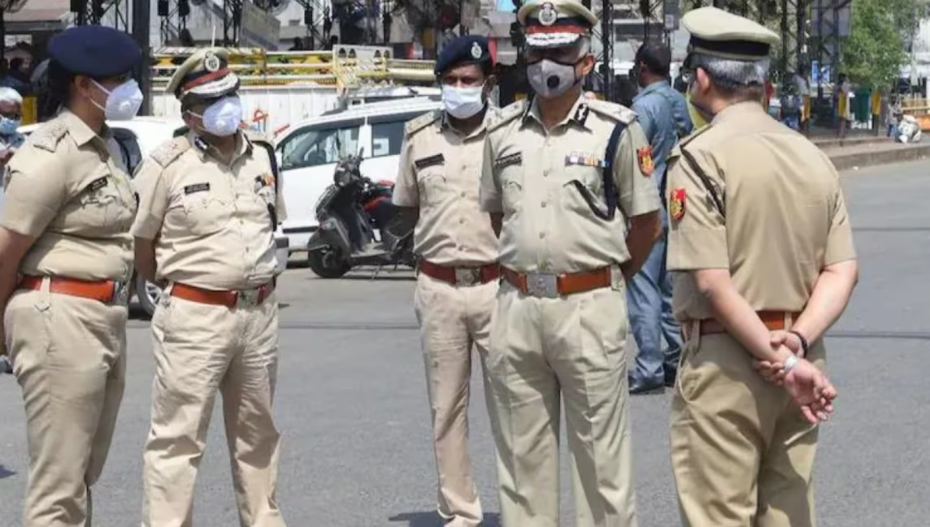The Special Cell of Delhi Police has taken custody of three directors and two consultants from Aavkar Drugs Pvt Ltd on a three-day transit remand. The five individuals were arrested after it was discovered that the Ankleshwar-based firm was manufacturing cocaine intended for distribution in Delhi.
The arrested individuals have been identified as directors Ashwin Ramani, Brijesh Kotia, and Vijay Bhesania, along with consultants Mayur Desle and Amit Masooria.
On Sunday, authorities seized 518 kg of cocaine—worth Rs 5,000 crore—in Ankleshwar, after officials found out that the 770 kg of cocaine recently seized in Delhi was manufactured at this facility.
A joint operation between Delhi and Gujarat police revealed that the seized cocaine was made to order and dispatched to Delhi. Officials tracked the vehicles used to transport the drugs via their GPS systems.
The raid and subsequent seizure have also involved the Ankleshwar Industries Association. The industry body now plans to take action against firms involved in manufacturing chemicals. It also intends to submit a memorandum to the Drug Controller General of India and the Gujarat Pollution Control Board (GPCB).
Following the joint operation, GPCB officials conducted their own raid at Aavkar. The body claims to have been unaware of the massive production of narcotics despite being tasked with monitoring the production of each unit every 90 days.
This incident has raised questions about the GPCB’s negligence in monitoring the environmental standards adhered to by factories and companies at the Ankleshwar GIDC, where Aavkar is located.
Authorities also overlooked the fact that Aavkar was not licensed for pharmaceutical production. Food and Drugs Administration Commissioner Hemant Koshiya stated that the firm was reportedly engaged in the manufacture of chemicals and intermediates.
A chemical called acetic anhydride, costing only Rs 150/kg, can be chemically processed to produce cocaine in just 30 to 45 minutes.
Chemicals valued at Rs 200-500 can be converted into drugs, yielding Rs 1 crore per kg.
The primary ingredient, acetic anhydride, is regulated under the Narcotic Drugs and Psychotropic Substances Act of 1985 and requires a special licence from the Narcotics Control Bureau. Even those licensed to use it must account for every gram.













